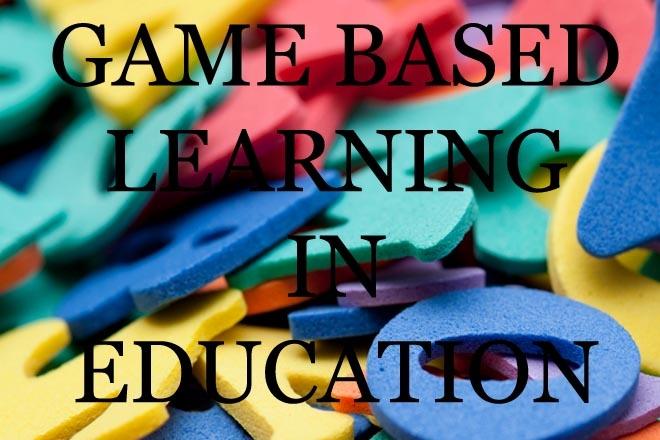We all know there are some learning outcomes when we play, and students learn faster and better with games
. Parents and teachers are putting a lot of efforts in improving learning outcomes of their kids through games. Also recent studies have proved that game-based learning is the best for our cognitive retention.
Educational games
are games explicitly designed with educational purposes, or which have incidental or secondary educational value. All types of games may be used in an educational environment. Educational games are games that are designed to teach people about certain subjects, expand concepts, reinforce development, understand an historical event or culture, or assist them in learning a skill as they play. A lot of games today like “God of War” teach about Greek mythology, “We the jury” about legal cases.
Games based learning
provides versatility for more than one learning style, and also can affect cognitive and psychomotor skills. While learning through games can be very effective, they can become a distraction, causing them to become too focused on the game and not on learning; this is where teachers and parents play an important role.
From simulation-based games, to Massively Multiplayer Online (MMO) games
, to Alternate Reality Games (ARGs), to Serious Games that take on real-world social issues (see Purdue University’s Serious Games Center), higher education is on the path to widespread integration of all sorts of games in all sorts of classrooms.
In educational gaming, the ability to capture immediate, in-depth data about each student’s performance opens the door to entirely new modes of measuring progress and achievement, in ways that reward and reinforce engagement. This is done by simultaneously assessing the performance, plus during games there is less scope of any sort of cheats to be taking place. Assessment can be ongoing. Feedback can be frequent. Students can know where they stand day-by-day, not just at test time, and exactly where they need to work (play) harder or seek assistance. Elements like
rewards and awards for effort can motivate students to keep trying when they might otherwise give up, and educators can adjust what and how they are teaching based on formative assessment about the individual and summative assessment by collective progress of their students.
Games often have a fantasy element that engages players in a learning activity through narrative or storylines. Educational video games can motivate children
and allow them to develop an awareness of consequentiality. Children are allowed to express themselves as individuals while learning and engaging in social issues. Today’s games are more social, with most teens playing games with others at least some of the time and can incorporate many aspects of civic and political life. Students that participate in educational video games can offer deeper, more meaningful insights in all academic areas.
The progress a player makes in a game is through learning. It is the process of the human mind grasping and coming to understand a new system. The progress of understanding a new concept through gaming makes an individual feel a sense of reward whether the game is considered entertainment (Call of Duty) or serious (FAA-approved flight simulator). Well-designed games that motivate players are what make them ideal learning environments. Real-world challenges are easier faced within a game containing effective, interactive experiences which actively engage people in the learning process. In a successful game-based learning environment, choosing actions, experiencing consequences, and working toward goals allows players to make mistakes through experimentation in a risk-free environment. Games have rules and structure and goals that inspire motivation. Games are interactive and provide outcomes and feedback. Most games also have problem solving situations that spark creativity.
In the future, technology and games are expected to be used in simulation environments to simulate real world issues
. In the professional sector, such as flight training, simulations are already used in an effort to prepare pilots for training before actually going out into planes. These training sessions are used to replicate real life stresses without the risk factor associated with flying. Multiplayer role playing games (MMO’s) provide opportunities for players to improve such skills as, complex learning, thinking, and social practices.
Many teachers and educators across the globe are putting efforts to gamify the classroom
. With more and more innovations by vendors and adoption by students and teachers, game based learning is having a good impact on education, though it still has great scopes to grow and evolve. What are your views on that?


